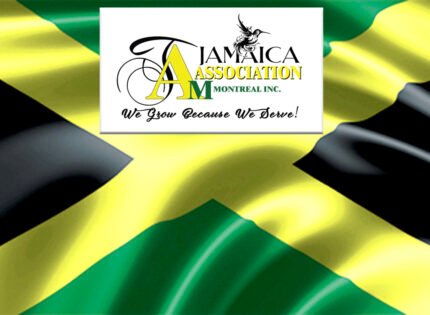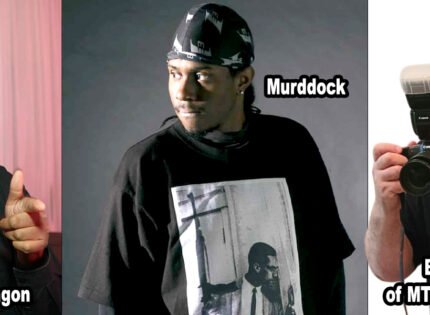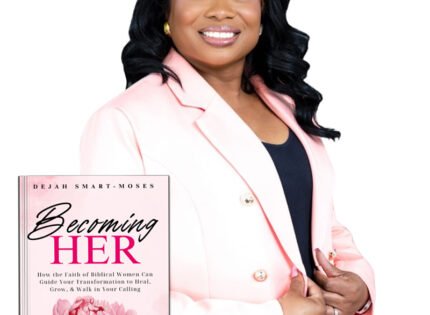On Monday, January 6, Prime Minister Justin Trudeau announced his decision to resign as leader of the Liberal Party and Prime Minister of Canada, bringing an end to his nearly nine-year leadership. The announcement comes amid mounting internal pressures and challenges that have tested the party’s unity.
“I intend to resign as party leader, as prime minister, after the party selects its new leader,” Trudeau said during a press conference in Ottawa.
While Trudeau emphasized his resilience as a leader, he acknowledged that stepping aside was in the best interest of Canadians and the party.
“I am a fighter, and I am not someone who backs away from a fight, particularly when a fight is as important as this one is. But I have always been driven by my love for Canada, by my desire to serve Canadians, and by what is in the best interest of Canadians. Canadians deserve a real choice in the next election, and it has become obvious to me — with the internal battles — that I cannot be the one to carry the Liberal standard into the next election.”
“Parliament has been paralyzed for months after what has been the longest session of a minority parliament in Canadian history,” Trudeau explained as he emphasized the need for a fresh start. “This morning, I advised the Governor General that we need a new session of parliament. She has granted this request, and the House will now be prorogued until March 24.”
Trudeau’s decision follows months of internal wrangles within the Liberal Party, this was intensified by the sudden resignation of Deputy Prime Minister Chrystia Freeland in December 2024. Freeland, a long-time ally, publicly criticized Trudeau in her resignation letter, accusing him of inadequate action to address U.S. President-elect Donald Trump’s threats of imposing 25% tariffs on Canadian goods. Economists warn that such tariffs could have devastating consequences for Canada’s economy unless the country strengthens border security measures.
Freeland, who served as both deputy prime minister and finance minister, publicly criticized Trudeau’s support for policies such as a temporary sales tax holiday and $250 checks for citizens, calling them “costly political gimmicks.” Her resignation fueled speculation that she might launch her own leadership bid for the Liberal Party.
Trudeau’s leadership was further undermined by the loss of support from the left-leaning New Democratic Party (NDP) and the Quebec nationalist Bloc Québécois, which had previously helped the Liberals maintain power in a minority government. The Liberals, trailing the Conservatives 47% to 21% in recent polls, have also suffered notable defeats in special elections in long-held strongholds in Toronto and Montreal.
Trudeau’s resignation has prompted swift responses from across the political spectrum. Liberal Party President Sachit Mehra expressed gratitude for Trudeau’s leadership, praising accomplishments like $10-a-day childcare and a national climate plan. The party will begin the process of selecting a new leader this week
Conservative Party leader Pierre Poilievre was quick to criticize the announcement, describing it as a superficial change. “Every Liberal MP and leadership contender supported EVERYTHING Trudeau did for 9 years, and now they want to trick voters by swapping in another Liberal face to keep ripping off Canadians for another 4 years, just like Justin,” Poilievre said in a recorded broadcast.
The U.S. president-elect, Donald Trump, added his thoughts through online posts. Trump attributed Trudeau’s resignation to the pressure over impending U.S. tariffs and repeated his provocative suggestion that Canada become “the 51st State.”
“If Canada merged with the U.S., there would be no Tariffs, taxes would go way down, and they would be TOTALLY SECURE from the threat of the Russian and Chinese Ships that are constantly surrounding them,” Trump wrote.
During his announcement, Trudeau highlighted key accomplishments of his administration, including Canada’s pandemic response, support for Ukraine, and initiatives to combat climate change. “We rallied to support each other through the pandemic … to stand strong with Ukraine, and our democracy, to fight climate change, and to get our economy ready for the future,” he said.
Trudeau came to power in 2015, ending a decade of Conservative rule. He was hailed internationally for his progressive policies and charisma, drawing comparisons to his father, Pierre Trudeau, one of Canada’s most storied leaders. However, his popularity has waned in recent years due to surging inflation, soaring housing costs, and contentious immigration policies.
Despite these successes, Trudeau’s tenure has been marred by controversies, including criticism of Canada’s permissive assisted dying laws, which activists argue have been misused in cases where alternative medical interventions could have provided relief.
The next fixed federal election is scheduled for October 2025. However, with the Liberals struggling to secure alliances in a minority Parliament, there is growing speculation of an early election in the spring. Such a scenario would leave Trudeau’s successor with limited time to solidify their leadership and connect with voters.
As Trudeau steps away, he leaves behind a mixed legacy of significant achievements and complex challenges. The focus now shifts to the Liberal Party’s leadership race and the future of Canadian politics.
Trudeau Steps Down After Nine Years as Prime Minister















